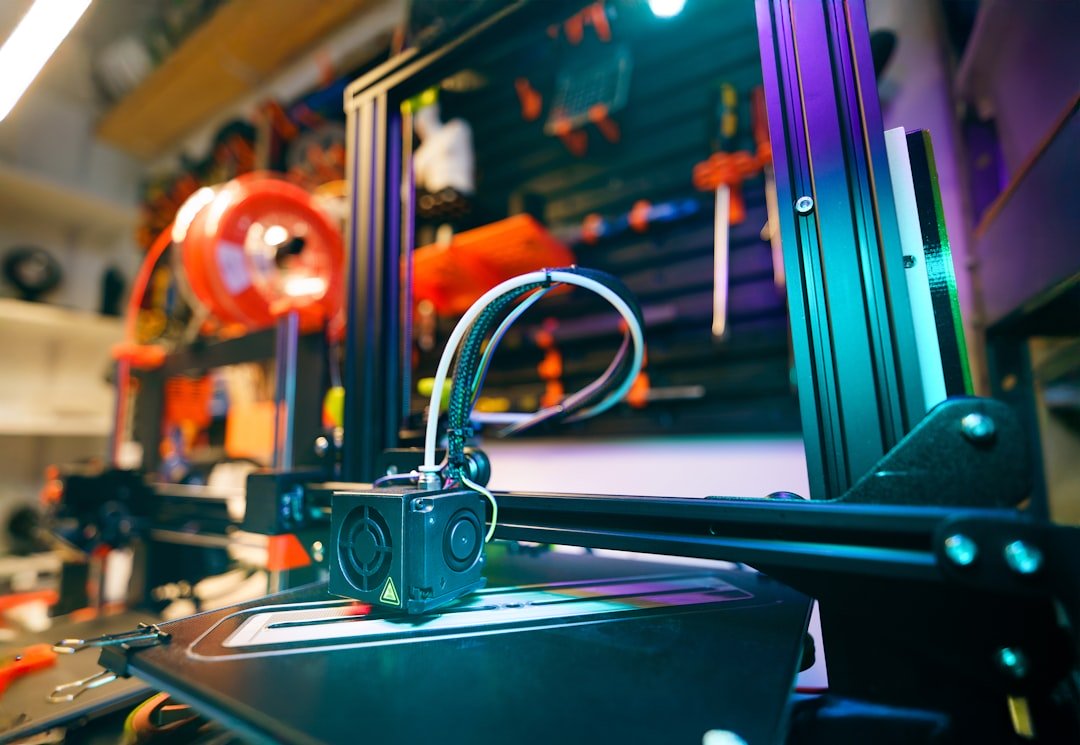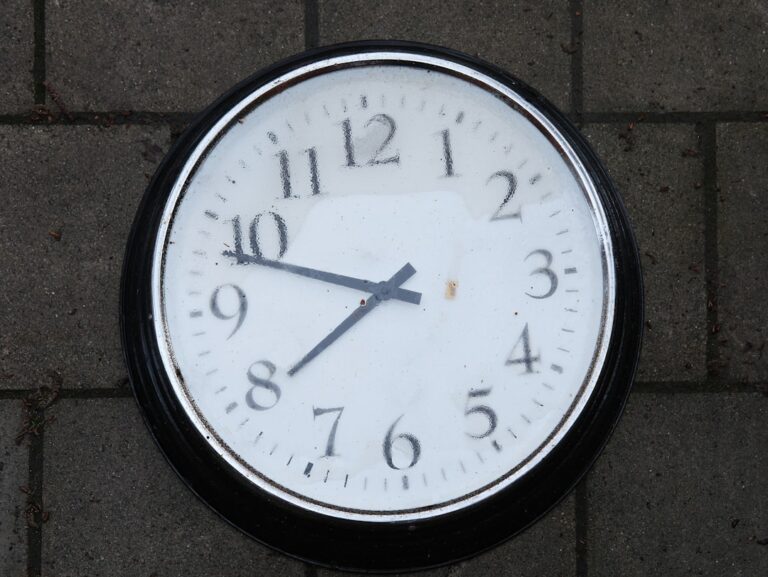
Ever feel stuck, like you’re running on a hamster wheel, even when you’re trying your best? It's a feeling I know well. We all want to get better, be more efficient, and live with less stress. But sometimes, the path to improvement feels unclear, like a tangled mess.
I’ve been there. For years, I battled unhealthy habits—gaming, binge eating, drinking, and a deep-seated laziness that kept me from my true potential. The thought of changing felt overwhelming. How do you untangle a whole life? I learned it’s not about grand gestures. It's about looking at how you do things right now, and then making small, smart adjustments. These adjustments, what I call "process improvements," can transform everything. They helped me lose over 110 pounds, build a productive routine, and find a more balanced, healthier life. If I can do it, you can too.
Why Improving Processes Matters
Life is a series of processes, whether we realize it or not. How you start your day, how you tackle your work, how you approach your health—these are all processes. When these processes run smoothly, life feels easier. When they’re clunky or broken, we feel the friction. Improving them isn't about being perfect. It’s about finding simpler, more effective ways to do what you already do, freeing up energy and time for what truly matters. It’s about getting more out of your day with less effort.
15 Ways to Make Things Better
Here are some practical ways to look at your daily processes and make them work better for you:
- See the Problem Clearly. Before you fix something, you need to understand what's broken. Take a moment to name the exact issue. Is it wasted time? Too much stress? Unwanted results? Be specific.
- Break It Down. Big changes feel impossible. Break any large task or problem into tiny, manageable steps. This is how I approached losing 110 pounds. Instead of "lose weight," it became "drink water with breakfast," then "walk for 15 minutes." Small steps build big momentum.
- Set Clear Goals. What does "better" look like? Define your desired outcome. This isn't just a wish; it’s a specific, measurable target. For my work, it meant defining what "productive" meant for my short bursts of deep work.
- Watch How Things Work Now. Before you change anything, observe your current process without judgment. Jot down every step. Where do things slow down? What feels frustrating?
- Cut What’s Not Needed. Look at your current process. Are there steps you can eliminate entirely? Often, we do things out of habit that no longer serve us. Simplify ruthlessly.
- Find Your Bottlenecks. A bottleneck is the slowest point in your process. Identify it. Is it waiting for information? A specific task? Focus your energy on smoothing out this one spot first.
- Standardize for Consistency. Once you find a good way to do something, make it your standard. This reduces guesswork and ensures reliable results. Think of it as creating a simple "how-to" guide for yourself.
- Automate Simple Tasks. If a task is repetitive and doesn't require complex thinking, can a tool or a simple routine do it for you? Even small automations free up your mental energy.
- Ask for Feedback. Sometimes we're too close to see the issues. Ask a trusted friend, family member, or colleague for their perspective on how you approach a task. They might spot something you missed.
- Test New Ways. Don't be afraid to experiment. Try a new approach for a week. See how it feels. If it works, keep it. If not, try something else. It's all part of the learning.
- Measure Your Progress. How do you know if your improvement worked? Track key results. This could be time saved, fewer mistakes, or a better outcome. Celebrate those small wins.
- Build a Routine. Good processes become habits. Schedule your new, improved steps into your daily or weekly routine. This makes them second nature and requires less willpower. My productive routine with short bursts of deep work became powerful when I built it into my daily schedule.
- Review and Adjust Regularly. Processes aren't set in stone. Life changes, and so should your methods. Set aside time each month to review what's working and what needs another tweak.
- Learn from Mistakes. Don't see failures as setbacks. See them as valuable data points. What did you learn? How can you refine your process next time based on this knowledge?
- Connect to Your Why. Why are you doing this? What’s the ultimate purpose behind improving this process? For me, overcoming unhealthy habits and building a better life was deeply connected to strengthening my Orthodox Christian faith and finding purpose through a closer relationship with God. Understanding your "why" gives you incredible strength and direction when things get tough.
Making It Stick
Process improvements aren't a one-time fix. They are an ongoing journey. The key is consistency and a willingness to keep learning. Celebrate your small victories along the way. Each little improvement adds up, making your life smoother, more efficient, and more joyful.
What’s one process in your life, no matter how small, that you could improve today? Pick one, break it down, and take that first step. Your future self will thank you.





